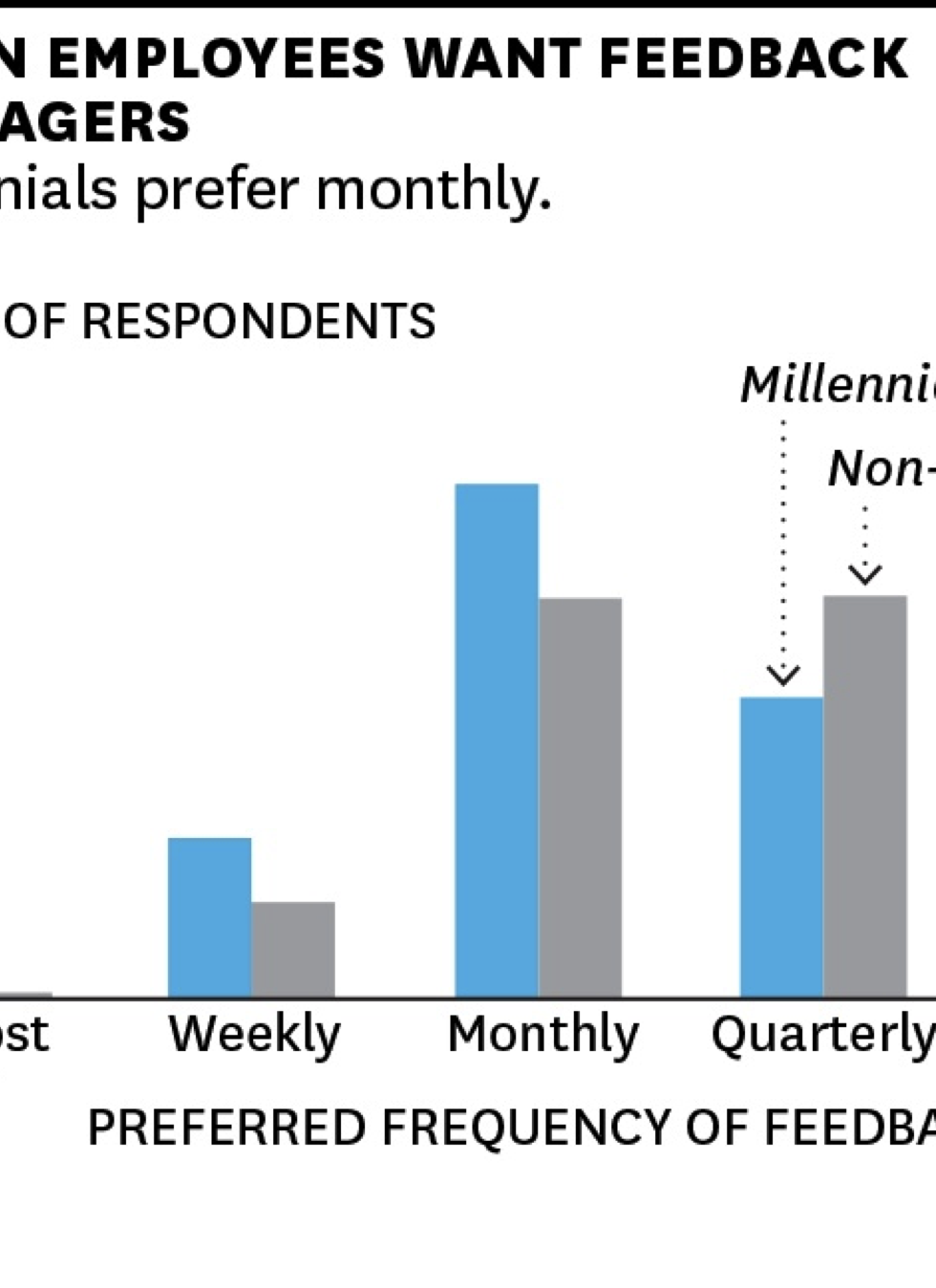I am extremely impressed with your writing skills and also with the layout on your blog
http://hadooptraininginhyderabad.co.in/sap-success-factors-training-in-hyderabad/

Possibly the most soul-sucking activity at work is the prescribed employee performance process. Whilst the intention is good, in practice, the chain between strategy and goals, and execution levers – the material and mentoring resources, analytics and technology to improve the odds of success, and finally, the measurement of outcomes as they relate back to business strategy, career growth and personal development, is tragically broken.
As research from the Society of Human Resource Management finds that:
“More than 75 percent of managers, employees and heads of HR feel that PM results are ineffective and/or inaccurate.”
The root of the issue here is little focus on the performance part and too much focus on the management part of performance management. For most companies, the process is little more than rushed data entry into systems of record the night before the system locks down.
All this is about to change and the inefficiencies in the process and the enabling technology stack are about to be exposed for two reasons:
The employee expects it.
Finally, there is some fantastic research in the Harvard Business Review on the expectations of the emerging workforce by one of my smartest colleagues at SuccessFactors, the incredible Dr. Karie Willyerd:
“In a global survey that we at SuccessFactors conducted in 2014 in partnership with Oxford Economics, 1,400 Millennials told us they want more feedback from their managers.” As often as monthly.
Not surprising, really, when you consider how feedback-driven we as a society are becoming in our personal lives. Pew Research finds that a whopping 21% of us are self-tracking our health with some form of technology. Of that pool,
“46% of trackers say that this activity has changed their overall approach to maintaining their health or the health of someone for whom they provide care.”
and…
“40% of trackers say it has led them to ask a doctor new questions or to get a second opinion from another doctor.
And every new application we use today in our personal lives measures the performance of every action: Uber lets you instantly rate a driver and even be rated by the driver. Twitter gives you analytics on every tweet. LinkedIn tells you how many people and who read your blogs and status updates.
Whereas organizations struggle to connect goals with employee focus, in our personal lives every micro-gesture is increasingly measurable, by default.
The market demands it.
To be fair, the proverbial roof just hasn’t been on fire to warrant any real change in the enterprise thus far. In a pre-digital world, we “stayed the course”, because “slow and steady” won the race and “we were playing the long game”.
Well the roof is on fire. The coming digital disruption around us is real. There is no playbook, yet established industries from banking to transportation to food to hospitality are being uprooted. As organizations adjust to these changes, agility to adapt to change becomes paramount. Not only does it become important to see your changes through but to also be able to change course on short notice and execute that change down to the most junior employee. At a foundational level a degree of re-skilling and “un-learning” of deeply rooted modes of working becomes key and is at odds with standard organizational functional lines. Jason Averbook astutely said that “performance doesn’t care about the org chart” in this excellent post. He’s right. I’ll go further. The disruptive market landscape doesn’t care about it either.
Performance absolutely can’t just be “planned, monitored and reviewed” any more. It needs to be driven, mentored, facilitated and elevated during the course of the year by collapsing the walls between systems where we work and where our work gets measured.
This is both a leadership and a technology topic. And to be clear, the onus here isn’t just on traditional goals and performance applications. The systems where you work – your collaboration and productivity applications also need to be much more sophisticated, and as Dion Hinchcliffe correctly said, “..a shift from collaboration as a support function to a business function” must happen, to pass the ball back and forth effectively.
A new workforce and disruptive market dynamics are going to demand that we disrupt the status quo by putting the performing back in performance management.
Comments rolling in on LinkedIn.
(Cross posted on LinkedIn and Medium)